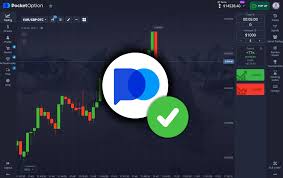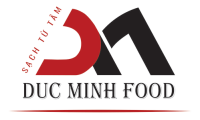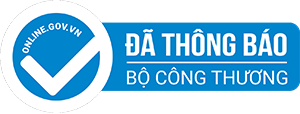
Is Pocket Option Legal in USA?
Pocket Option is a popular trading platform that has gained traction among traders seeking quick and accessible ways to enter the financial markets. However, one of the most pressing questions for potential users in the United States is: is pocket option legal in usa is pocket option legal in usa? This question encompasses a variety of factors, including legal regulations regarding online trading platforms, specific U.S. laws, and consumer protection. This article will delve into these elements to provide a comprehensive view of the legal landscape surrounding Pocket Option in the United States.
Understanding the Pocket Option Platform
Pocket Option is a binary options trading platform that allows users to trade a variety of assets, including cryptocurrencies, forex, stocks, and commodities. Founded in 2017, the platform is designed to make trading accessible, offering features like a user-friendly interface, various trading tools, and a responsive customer support system. However, before jumping into trading, it’s essential to understand the regulatory status of such platforms within the U.S.
Legal Framework for Trading Platforms in the USA

The financial regulatory landscape in the United States is complex. Several organizations oversee different aspects of trading and investment. The primary regulatory body for trading platforms is the Commodity Futures Trading Commission (CFTC), which regulates binary options trading. Additionally, the Securities and Exchange Commission (SEC) monitors the activities of companies trading securities. To operate legally within the U.S., platforms must comply with CFTC regulations and obtain necessary licenses.
Is Pocket Option Registered and Regulated?
Pocket Option operates under the jurisdiction of the Republic of Seychelles, which raises questions about its regulatory status in the U.S. Unlike many trading platforms that are registered with the CFTC or SEC, Pocket Option is not licensed or regulated by these entities. This lack of regulation can be a red flag for potential users, as trading on unregulated platforms can expose traders to significant risks.
The Risks of Trading on Unregulated Platforms
Trading on unregulated platforms, such as Pocket Option, can pose considerable risks. Without proper oversight, there are few protections for traders against unfair practices. This can include instances of broker manipulation, unfair margin calls, or even issues with withdrawal of funds. Moreover, the lack of regulatory frameworks can make it difficult for traders to resolve disputes or seek recourse if things go wrong.

Consumer Protection Laws and Responsibilities
In the absence of regulation from bodies like the CFTC or SEC, U.S. traders must rely on consumer protection laws that may apply. These laws protect consumers from fraud and unethical business practices, but the effectiveness can vary. It is vital to conduct comprehensive research and due diligence before engaging with any trading platform, especially those operating outside major regulatory jurisdictions.
Legal Alternatives for U.S. Traders
For traders in the U.S. seeking safer alternatives, many regulated platforms cater specifically to this market. Platforms like TD Ameritrade, E*TRADE, and Interactive Brokers are backed by the necessary licenses and regulatory oversight. These companies are registered with the SEC and CFTC, providing traders with more security and trustworthiness in their operations.
Conclusion
The question of whether Pocket Option is legal in the U.S. hinges predominantly on the regulatory landscape surrounding trading platforms and where they are registered. While it may be accessible to users, the lack of proper licensing and oversight from U.S. regulatory bodies raises significant concerns. Traders are urged to carefully weigh these risks and consider using regulated platforms that offer better protections and a more secure trading environment. Always prioritize safety and make informed decisions when entering the trading world.

